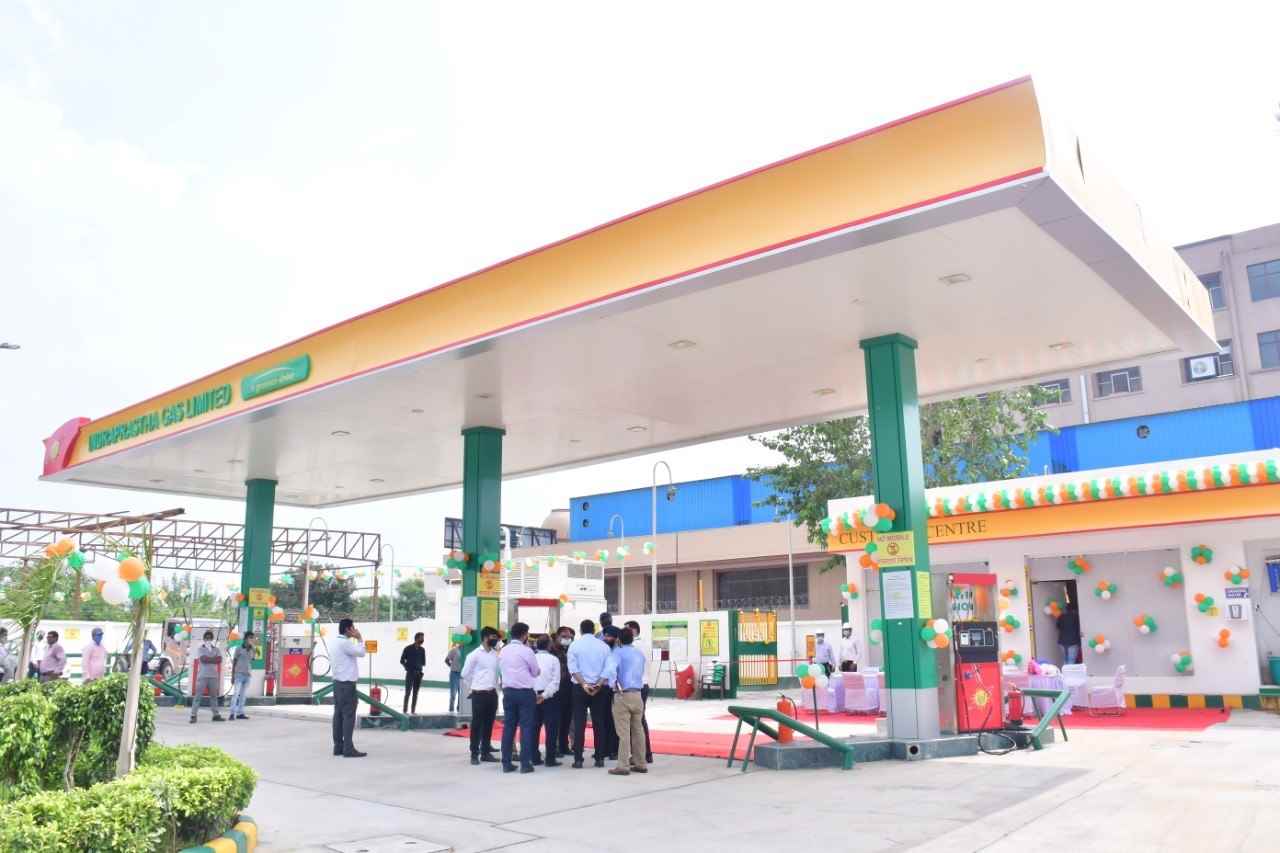Bio-CNG plants to come up in Kerala cities

The Kerala state government is initiating the establishment of centralized bio-CNG plants in major cities as a strategic response to the prevailing waste crisis. This move comes in the aftermath of a fire incident at the Brahmapuram dumping yard, which severely impacted Kochi, prompting the government’s approval to install a bio-CNG plant for effective waste management in the city.
According to recent reports, Kerala has endorsed proposals from BPCL and GAIL to establish bio-CNG plants in key urban centers. Immediate action is set to commence on the bio-CNG plant in Kochi, with plans for it to become operational by December 2024. Thiruvananthapuram, Kozhikode, and Thrissur are also under consideration for similar projects. Additionally, the central government has mandated compressed biogas blending (CBG) by oil marketing companies.
Notably, the Kerala government had previously proposed waste-to-energy plants in major cities, but faced significant opposition from locals, leading to the failure of the biogas project. Questions were raised about the project’s viability in the state. Following the closure of the Vilappilsala waste treatment plant due to protests, the city corporation has been managing daily waste in a decentralized manner. A centralized waste-to-energy plant is now envisioned as a comprehensive solution.
BPCL has presented a proposal for a bio-CNG plant in Thiruvananthapuram, with a 150-tonne capacity requiring a Rs 150 crore investment. The civic body is expected to supply 150 tonnes of biodegradable waste daily to sustain the plant.
Presently, the Kerala Biogas Development and Promotion Programme (KBDPP) offers financial incentives, subsidies, and technical guidance to individuals, institutions, and organizations interested in establishing biogas plants. The government’s support extends to both rural and urban areas, aiming to make biogas plants accessible to a broader demographic.




